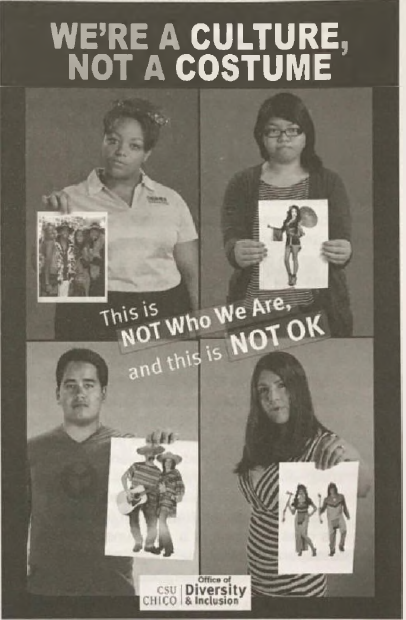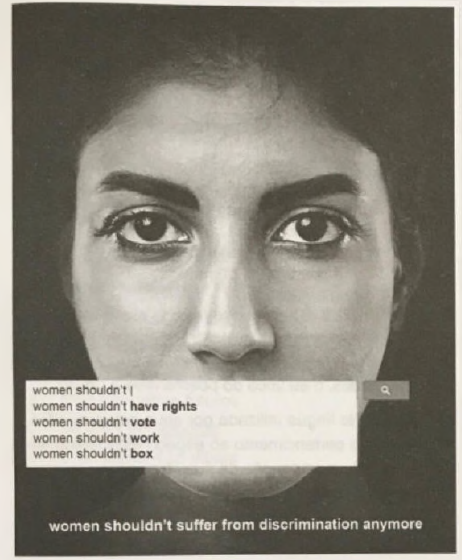Questões ENEM de Inglês
Foram encontradas 141 questões
If Women Had Their Own Currency, Here’s What It Would Be Worth
Charlotte Alter @charlottealter Maya Rhodan @m_rhodan July 31, 2014

After a little girl asked President Obama why there aren’t any women on U.S. currency, he said that adding some female faces to our cash sounded like a "pretty good idea". Almost immediately, all of our fantasies came alive on the web. What would, let’s say, Ruth Bader Ginsburg look like on a $20 bill? Where would we spend our Beyoncé $10 bill first? Will our grandmas give us a Susan B. Anthony $5 bill on our birthdays and tell us not to spend it all at once?
But then we remembered: because of the wage gap, a dollar for a woman is not the same as a dollar for a man. Although the true extent of the gender pay gap is widely disputed even among feminists, President Obama said in the 2014 State of the Union that women make only 77¢ for every dollar a man makes.
Disponível em: http://time.com. Acesso em: 18 ago. 2014 (adaptado).

Disponível em www csuchico edu Acesso em 11 dez 2017
Nesse pôster de divulgação de uma campanha que
aborda a diversidade e a inclusão, a interação dos
elementos verbais e não verbais faz referência ao ato de

Disponível em. https//siles.psu.edu Acesso em 12 jun 2018.
Os recursos usados nesse pôster de divulgação de uma
campanha levam o leitor a refletir sobre a necessidade de
No Madonna and Child could touch Her tenderness for a son She soon would have to forget... The air was heavy with odors of diarrhea, Of unwashed children with washed-out ribs And dried-up bottoms waddling in labored steps Behind blown-empty bellies. Other mothers there Had long ceased to care, but not this one: She held a ghost-smile between her teeth, and in her eyes the memory Of a mother's pride... She had bathed him And rubbed him down with bare palms. She took from their bundle of possessions A broken comb and combed The rust-colored hair left on his skull And then — humming in her eyes — began carefully (to part it. In their former life this was perhaps A little daily act of no consequence Before his breakfast and school; now she did it Like putting flowers on a tiny grave. ACHEBE. C Collected Poems New York Anchof Books. 20W
O escritor nigeriano Chinua Achebe traz uma reflexão sobre a situação dos refugiados em um cenário pós-guerra civil em seu país. Essa reflexão é construída no poema por meio da representação de uma mãe, explorando a(s)
Finally, Aisha finished with her customer and asked what colour Ifemelu wanted for her hair attachments.
“Colour four.*
“Not good colour," Aisha said promptly.
“That's what I use."
“It look dirty. You don't want colour one?"
“Colour one is too black, it looks fake," Ifemelu said, loosening her headwrap. “Sometimes I use colour two, but colour four is closest to my natural colour."
[...]
She touched Ifemelu’s hair. "Why you don’t have relaxer?"
“I like my hair the way God made it."
“But how you comb it? Hard to comb." Aisha said.
Ifemelu had brought her own comb. She gently combed her hair, dense, soft and tightly coiled, until it framed her head like a halo. “It's not hard to comb if you moisturize it properly," she said, slipping into the coaxing tone of the proselytizer that she used whenever she was trying to convince other black women about the merits of wearing their hair natural. Aisha snorted; she clearly could not understand why anybody would choose to suffer through combing natural hair, instead of simply relaxing it. She sectioned out Ifemelu's hair, plucked a little attachment from the pile on the table and began deftly to twist.
ADICHIE. C. Americanah A novel New York: Anchor Books. 2013
A passagem do romance da escritora nigeriana traz um diálogo entre duas mulheres negras: a cabeleireira, Aisha, e a cliente, Ifemelu. O posicionamento da cliente é sustentado por argumentos que